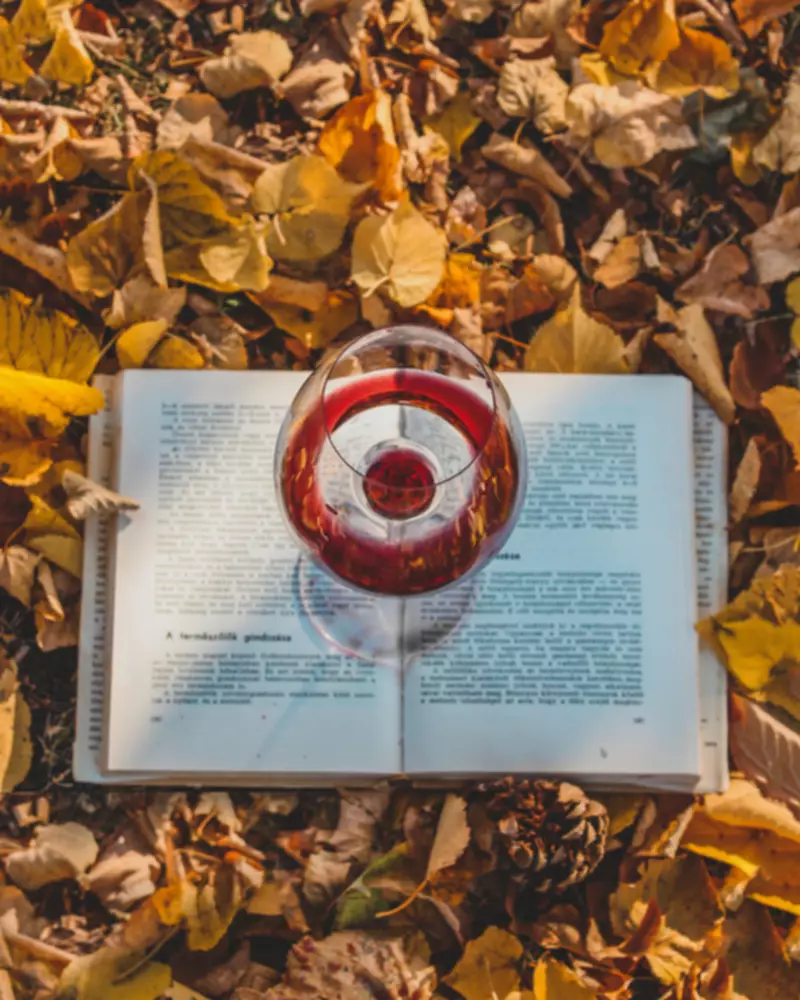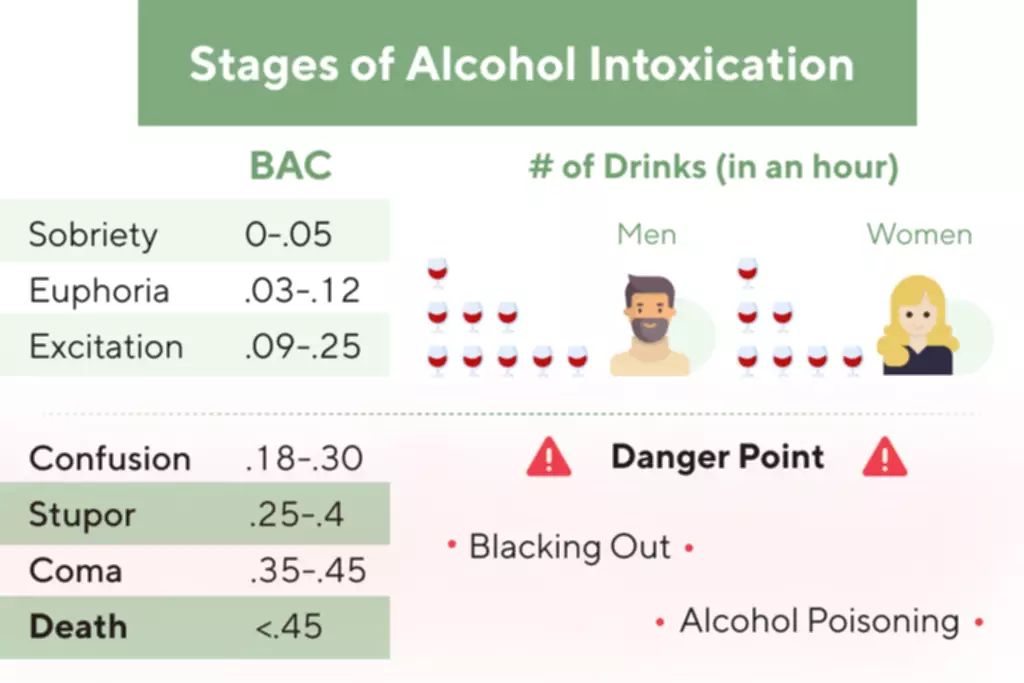Content
I couldn’t recall most of their faces or where we met, so I didn’t call. There was nothing to talk me out of or through. In the evenings, I was fine, because for the first few months, I spent evenings in meetings. I don’t remember what I said or heard, but I remember landmarks of the world I’d rebirthed myself into, like the light switch I felt for in the bathroom, inspirational stories of sobriety and the heft of the folding chairs I stacked. Enough time has passed that my face, once a welt-dappled and grayish banner announcing my toxic body, skipped back in time to find the moonglow it lost in my first apartment. My severe working memory deficit makes me forget my friends’ names; I am smoothed like an egg, losing everything I haven’t written down.

By this time I had been sober for three weeks and I had made plans to go for a five-day inpatient evaluation approved by the PHS director. I went to an addiction treatment facility with a program designed specifically for health care professionals. At the end of the extensive five-day evaluation, it was suggested that I stay for an extended period of time. I was told that if I did not follow the suggestions, it was likely that I would not be able to retain my license to practice medicine. At the beginning of treatment, I was angry. I was in denial about the extent of my alcoholism — after all, I had been “sober” for more than three weeks prior to entering treatment — why couldn’t I just have outpatient treatment and continue to work?
For Physician Health, ‘Reaching Out Is a Good Thing…. It All Comes Back to Connection and Community’ – Read More
I no longer regret being an alcoholic since it is through my alcoholism that I have been able to grow and integrate a wonderful set of principles into my life. After seventy days, I was discharged and was soon able to return to work under a monitoring contract with PHS. I quickly joined AA and obtained a sponsor.
- Almost everyone I knew drank to excess, especially during celebrations.
- At the beginning of treatment, I was angry.
- The following morning, after the kids were off to school, I told my wife that I was an alcoholic and that I was seeking help.
It was not untrue that I was born wanting, or that I wanted to change the way I felt, or that I believed in no power greater than myself. For a decade, half of which I spent with a young brain that hadn’t fully set, I drank heavily and often. When people say alcohol is a depressant, they’re referring to the fact that it depresses, or slows down, the central nervous system. When alcohol is taken away, its inhibitory effects go with it, and the central nervous system is left jacked up. Initially, I had lots of fear about returning to work. I worried about what people would think, what kind of criticism I would receive.
Success Story: An Amazing Journey to Sobriety
Over the next six weeks, with the help of my counselor and group members, I began to explore my character flaws and incorporate the principles of alcoholics anonymous into my life. I was struck sober, lying on my living room floor, unable to get up, bleeding from a gastric ulcer just before Labor Day weekend in 2004. That is where this amazing journey in sobriety began. Natalie Lima is a Cuban-Puerto Rican writer and a graduate of the MFA program in creative nonfiction writing at the University of Arizona. Her essays and fiction have been published or are forthcoming in Longreads, Guernica, Brevity, The Offing, Catapult and elsewhere. She has received fellowships from PEN America Emerging Voices, Tin House, the VONA/Voices Workshop, the Virginia G. Piper Center for Creative Writing, and a residency from Hedgebrook.

What I missed most, during this relapse, was my writing practice—a pursuit that has become an integral part of my life, my identity, my joy. And, unlike Cheever and Hemingway, I do not write when I’m drunk. My magnum opus will never be written on a napkin at a dive bar, after I’ve lost the love of my life and have drank all my money away. There were more blackouts; there was more time unaccounted for. Events and conversations I couldn’t remember a single moment of the next day. The truth is, as a young person, I felt my drinking was justified.
